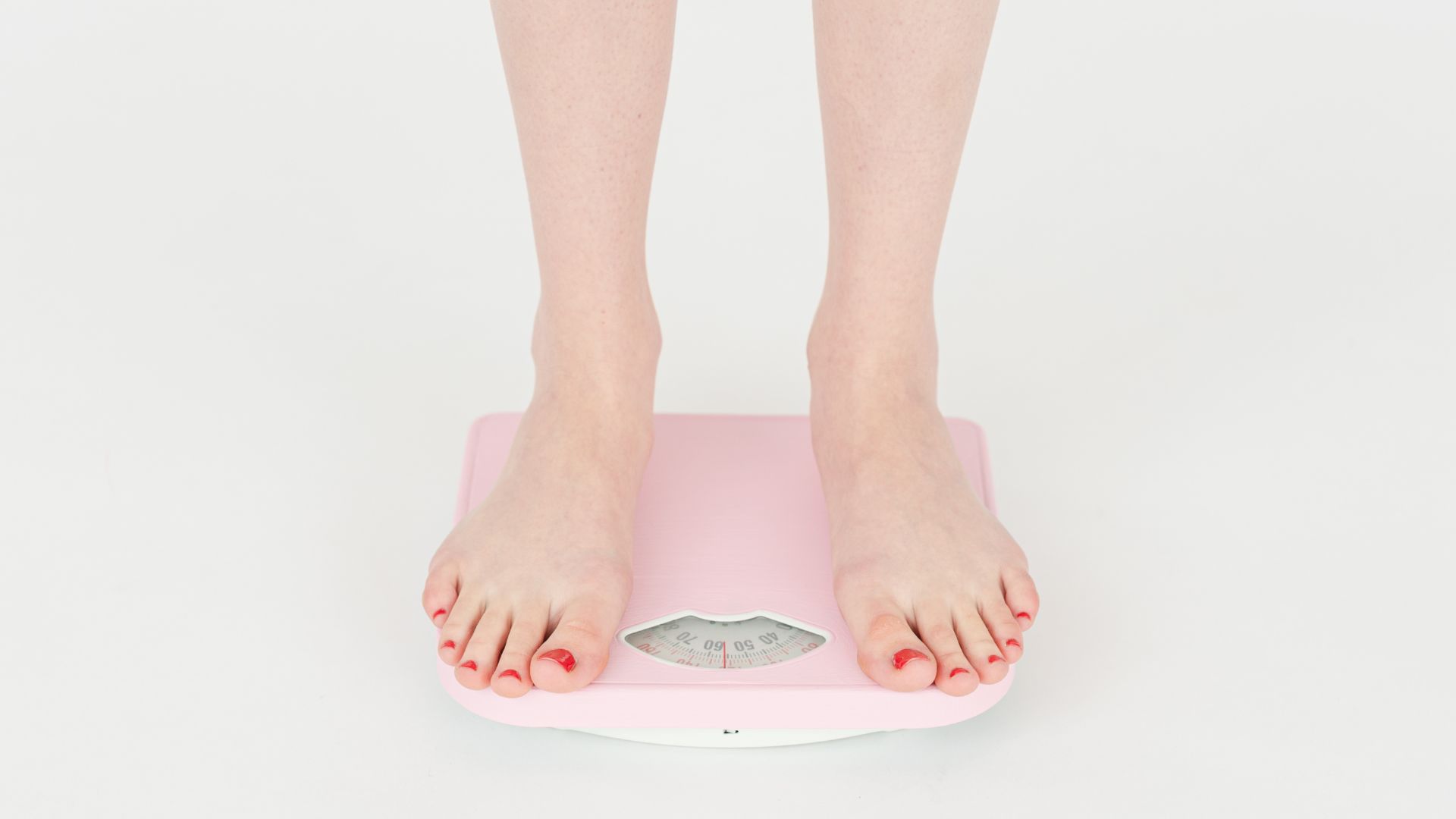Physical activity in the fresh air not only improves physical health but also has a positive impact on a person’s psychological state. Many of us spend most of our time indoors, so it is especially important to find time for outdoor activities. This not only strengthens muscles, enhances cardiovascular and respiratory system functions, but also significantly reduces stress levels.
Regular physical activity outdoors also enhances cognitive functions. Research shows that exercising in the fresh air can improve concentration, boost creativity, and enhance problem-solving abilities. This is due to both the physiological effects of physical activity and the psychological benefits of being in a natural environment.
These advantages strengthen the argument for including outdoor activities in your regular schedule—it not only helps maintain physical fitness but also positively affects your psychological state and overall quality of life.
Physical Benefits of Outdoor Exercise
Outdoor activities such as walking, running, cycling, or playing in the park help improve cardiorespiratory function and endurance. Regular outdoor activities can also lower blood pressure and enhance overall physical condition, which is crucial for preventing many chronic diseases.
Furthermore, regular physical loads outdoors contribute to reducing blood pressure. This is particularly important since high blood pressure is a major risk factor for cardiovascular diseases. Moderate activity helps improve circulation, reduces stress, and enhances metabolism, which, in turn, can help manage weight and reduce the strain on the heart.
Being outdoors also improves overall physical condition. For example, natural landscapes and varied terrain provide unique conditions for exercises that might be less accessible in enclosed spaces such as gyms. Variety helps improve balance, coordination, and flexibility, which are important for overall functional body activity.
The mere act of being outdoors has a relaxing effect—greenery and the quietness of nature can significantly reduce stress and anxiety levels. And outdoor exercise enhances this effect, improving mood and reducing symptoms of depression through the production of endorphins, the happiness hormones.
Thus, exercising outdoors not only promotes improvements in cardiorespiratory indicators and blood pressure reduction but also impacts overall physical condition, an important factor for your health.
Psychological Benefits of Nature Activities
The psychological benefits of exercising in nature are significant, particularly when it comes to reducing stress and anxiety, as well as improving mood and reducing symptoms of depression.
- Reducing Stress and Anxiety:
Being in a natural environment, away from urban noise and tension, can significantly lower stress levels. Research shows that natural sounds, such as the sound of water or birdsong, as well as the visual perception of greenery, can reduce the production of cortisol, the stress hormone, improve overall mood, and decrease physiological signs of stress, such as heart rate.
- Improving Mood and Reducing Symptoms of Depression:
Being outdoors, especially on sunny days, increases serotonin levels, which enhances mood. Additionally, regular exercises outdoors can reduce symptoms of depression. Numerous studies confirm that regular physical activity, including walking or running in nature, raises endorphin levels—”happiness hormones”—which naturally help cope with depression.
These benefits underscore the importance of integrating outdoor exercises into everyone’s routine not only for physical but also psychological health improvement.
Influence of Nature on Cognitive Functions
Enhancing Concentration and Attention
Being in nature positively affects cognitive functions, especially concentration and attention. Research shows that interaction with nature can significantly improve attention and reduce symptoms of mental fatigue. One of the key studies in this area is the work of psychologists Stephen and Rachel Kaplan, who developed the Attention Restoration Theory. They argue that the natural environment helps restore mental resources depleted by prolonged focus in urban settings.
Fostering Creativity and Problem-Solving
Being in nature also fosters increased creativity and improves problem-solving abilities. Research conducted by David Strayer and his colleagues at the University of Utah showed that participants who spent several days hiking away from urban distractions performed 50% better on creativity tests compared to those who stayed in the city. These findings highlight the importance of physical activity and the absence of urban distractions for stimulating thought processes.
These results support the idea that regular interaction with nature not only promotes physical health but also plays a crucial role in enhancing mental activity and psychological state. Incorporating walks in the fresh air or engaging in physical activities in natural settings can be an important part of everyday life for maintaining and enhancing cognitive functions.
Practical Tips for Starting Outdoor Exercise
If you’ve decided to start exercising outdoors, here are some practical tips to help you do so safely and effectively:
- Choosing the Right Clothing and Footwear
Wear comfortable, breathable clothing suitable for the weather conditions. It’s important that your clothing doesn’t restrict your movements. Your footwear should be comfortable and appropriate for the type of activity you choose. For example, running requires shoes with good cushioning.
- Start with a Warm-Up
Before starting the main part of your workout, spend 5-10 minutes warming up to prepare your muscles and joints for more intense loads. A light jog or brisk walk is a good option.
- Hydration
Drink plenty of water before, during, and after your workout, especially if you’re exercising in hot weather. Dehydration can worsen your well-being and reduce the effectiveness of your exercises.
- Sun Protection
Use sunscreen with a high SPF to protect your skin from harmful ultraviolet rays, wear sunglasses, and a hat on sunny days.
- Plan Your Route
Think about your activity route in advance. It’s better to choose tested, safe places for outdoor activities, especially if you plan to train alone.
- Observe Safety Techniques
Always inform someone about your route and expected return time, especially if you are heading to secluded or less explored areas.
- Gradually Increase the Load
If you are new to physical exercises, start slowly and gradually increase the intensity and duration of your workouts. This will help prevent injuries.
- Monitor Your Well-being
Listen to your body’s signals and stop exercising if you experience pain, dizziness, or excessive fatigue.
These simple tips will help you safely and effectively start exercising outdoors, benefiting both your body and mind.
Outdoor exercises have a comprehensive impact on a person’s health, highlighting their undeniable value. Research has repeatedly confirmed that regular outdoor activity not only improves physical conditions, such as cardiovascular function and metabolism, but also helps strengthen mental health by reducing levels of stress, anxiety, and symptoms of depression. Additionally, the social aspect of such activities, including the opportunity to participate in group sports, fosters social connections and community building.
Incorporating outdoor exercises into your daily routine can significantly improve your quality of life. You can start with simple steps: short walks after lunch, weekend activities in the park, or regular sessions in sports groups. It’s important to make this practice an enjoyable part of life, which will help maintain consistency and derive pleasure from the process.








